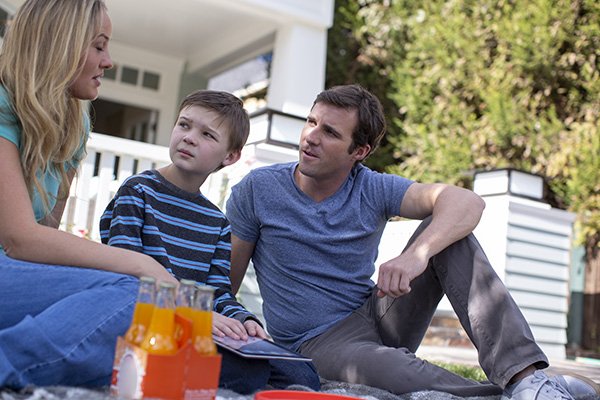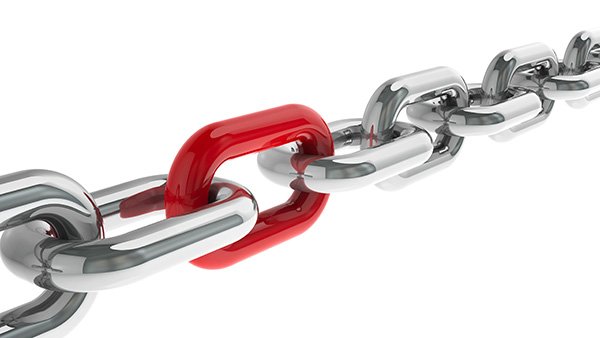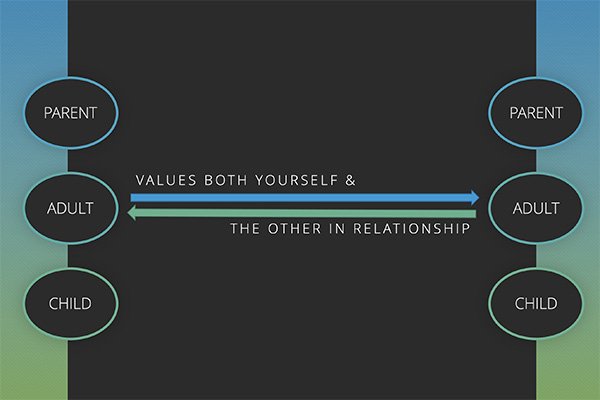
Blog

Responding to the Unseen: Navigating Betrayal Trauma When Others Cannot Empathize
When your emotional world has been turned upside down by such a betrayal, it can be disheartening and even further damaging when people around you lack empathy or understanding.

Embracing Your Wise Mind: The Compass for Navigating Boundaries After Betrayal
'Wise Mind' refers to a balanced synthesis of both emotional and rational thinking – it is where these two vital aspects of our experience converse harmoniously.

Healing Amidst The Turmoil: Understanding Reactive Hypersexuality After Affair Discovery
Reactive hypersexuality is an increased desire for sexual activity, often stemming from the pain of betrayal. In essence, it is an attempt to reclaim a sense of control, validation, and intimacy lost in the aftermath of the affair.

Navigating Infidelity: Resistance to Acceptance
Explore the transformative journey from resistance to acceptance in the aftermath of infidelity. Navigate the path towards healing and growth with unwavering support and understanding from experienced professionals. Find the courage to face the pain, embrace your resilience, and emerge stronger than before.

The Echo of Trauma: Its Impact on Our Major Life Decisions
Trauma, both physical and emotional, imprints indelible marks on our psyche. It can shape our world view, our self-perception, and our approach to the future.

Balancing Boundaries with Flexibility: Understanding Healing and Growth After Infidelity
In the aftermath of infidelity—the anger, betrayal, and heartbreak can be overwhelming. Often, these feelings lead to the creation of rigid boundaries in an attempt to reclaim a sense of security. However, amidst turbulence and chaos, resilience and healing often require a delicate balance between firm convictions and flexibility.

Harnessing the Power of Pain: Reflections for Growth
As the year culminates, reflection often unlocks past pain. But remember, this pain can serve not just as a poignant reminder but as a catalyst prompting growth and flourishing. Harness this understanding and resilience to navigate your emotional journey towards healing.

Navigating Betrayal Trauma: Your Essential Guide to Finding Empathy, Strength, and Healing
If you're grappling with the pain of betrayal trauma and finding little empathy from those around you, know that you're not alone. Self-compassion, grounding techniques, supportive relationships, and therapeutic intervention strategies foster healing and resilience. Your feelings are valid, your strength is commendable, and recovery is within your reach.

Communicating Your Pain: Enduring Betrayal Trauma And Spending Time With Friends and Family During the Holidays
The holiday season – a time traditionally associated with unity – may inadvertently amplify feelings associated with betrayal trauma. Navigating these social dynamics while still feeling the rawness of hurt can be challenging, but can also facilitate the growth of meaningful support networks, crucial to your recovery process.

The Power of the Impact Letter: Healing after Infidelity
An impact letter is your personal narrative that unfolds your raw emotions and experiences in the wake of infidelity. It is your chance to communicate to your partner how the recovery process impacts you.

Understanding DARVO: Key Insights for Both Givers and Receivers
DARVO—an acronym for "Deny, Attack, and Reverse Victim and Offender"—is a manipulative conversation mechanism potentially damaging relationships and self-growth. When one denies wrongdoing, attacks the accuser, and portrays themselves as the victim, it can create an unfriendly, untruthful, and harmful environment for both parties involved.

Creating New Traditions After Loss: Empowering Yourself Through the Holiday Season
During the holiday season, waves of emotions may stir within you, especially following a significant loss. You are not alone in this journey, and discovering new ways to cherish this time can be healing and empowering.

In the Shadows of Betrayal: The Impact of Social Isolation and How to Rise Above
Emotionally charged situations, such as betrayal, can trigger a strong impulse to seclude oneself. However, this momentary solace often conceals long-term deleterious effects on mental well-being.

The Confusion of Being the Betrayed Partner Who is Now Lying
What happens when the tables turn and you, the betrayed partner, find yourself caught in a web of dishonesty?

Nurturing Emotional Growth: Modeling Healthy Disagreements in Front of Children
By understanding the profound impact our actions have on our children and fostering healthy ways to resolve conflicts, we can not only promote their emotional well-being and resilience but also lay the foundation for rebuilding trust and restoring our relationships.

The Difficult Decision After Infidelity: Stay or Leave?
It's natural to feel lost in the chaos of emotions and uncertainty that come with this experience. The most critical piece of advice we can offer is this: Your decision is yours and yours alone.

Recognizing Rainchecking in Affair Recovery
When a partner secretly keeps potential affair partners in the wings to bolster their sense of desirability and maintain a backup plan is called RAINCHECKING.

Is Hyper-Independence a Trauma Response? Understanding the Impact of Betrayal Trauma
Explore the connection between hyper-independence and betrayal trauma. Discover how this trauma response, rooted in a fear of vulnerability and distrust, can inhibit healthy relationships.

Breaking Chains: Understanding Addictive Family Systems
Addiction can cast a dark shadow over a family, impacting not just the individual struggling with substance abuse, but also their loved ones. In many cases, addiction becomes deeply embedded within the family dynamics, creating a cycle of pain and dysfunction.

Understanding Relationships: Parent-Child vs. Adult-Adult Dynamics in Transactional Analysis
From family dynamics to workplace interactions, TA offers valuable insights into how we communicate and relate to others. At the heart of TA lies the concept of Parent-Child and Adult-Adult dynamics. By understanding these dynamics, we can navigate relationships with greater empathy and clarity.
